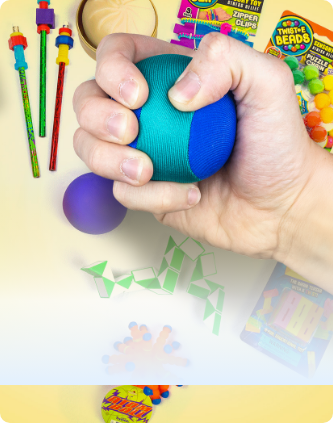Good social skills are vital for everyone, including children with autism. Social skills help us stay safe, create friendships, promote independence and increase our quality of life. At one time it was thought that children with autism were not interested in others. However, the simple fact is that many verbal autistic adults often report that they feel lonely, and that they desire friendships with their peers. Social competence directly affects an autistic person's quality of life.
Social skills interventions are designed to improve social skills, or change selected behaviors, so that others will respond favorably to children with autism. Children with autism need to be taught specific verbal as well as nonverbal behaviors involved in social interactions. This ranges from making good eye contact, to asking questions during a conversation.
There is no one size fits all social skills curriculum because the level of social intervention needed by each child with autism can vary greatly depending on their age, their social emotional development and the setting.
According to many studies in order for a child to have social success they must:
- Have adequate instruction, 30 minutes a week is not enough.
- Practice social skills in real life situations and settings.
- Match the intervention with the social deficit of the child.
- One size does not fit all.
- Group instruction can work if the children are around the same age and social development.
In 2007 the Indiana Resource Center for Autism found that pulling kids out of the classroom to practice social skills with one another and an adult didn't help autistic children develop "typical" social behavior. However, pulling these kids out to learn social skills and then giving them a chance to practice these skills with typical peers really helped the children with autism increase their social success and understanding.
Students in classroom-based programs were more likely to engage the targeted skills during the program, and showed a greater tendency to maintain changes in behaviors and to utilize these skills in other settings.
This finding has important implications for school-based social skill interventions. Teachers and other school personnel should place a premium on selecting social skill interventions that can be reasonably implemented within naturalistic settings." To view the full study click here.
As a child progresses in their social understanding it's important that they understand the subtle cues contained in social interactions, such as how to tell when someone wants to end a conversation or switch topics in a conversation. These types of social cues are often called the "hidden curriculum" it's hidden because they are subtle and unless a person is actively looking for these cues they are practically invisible.
So to recap make sure your social skills intervention is geared to the social development level of the autistic child and that it is ongoing and intensive, 30 minutes a week is not enough! Make sure that along with practicing social skills in a clinical, or group setting that the child has opportunities to practice new skills with typical peers. Finally, as the autistic child progresses it's important for their future success that you teach them subtle social skills such as nonverbal cues (the hidden curriculum).






